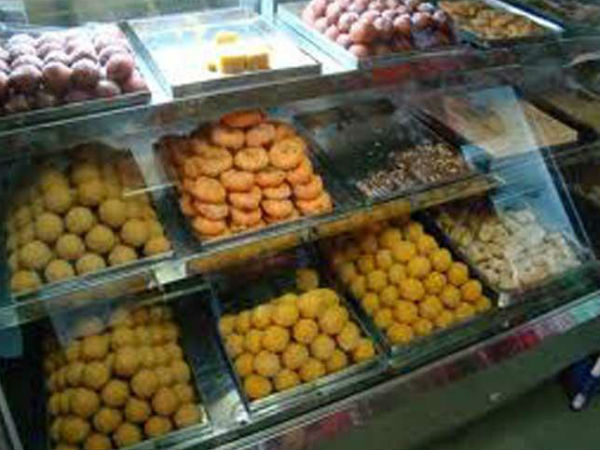Mumbai: At noon, cars sped along the Bhiwandi-Wada road in Thane district, north of India’s commercial capital, past ‘Shree Swami Samarth’, a 100-square-foot shop selling cold drinks, fried snacks, pots and general provisions. Inside the three-walled pile of asbestos sheets, bricks and iron, 62-year-old Ambika Kumbhar, the store’s owner, sat next to a plastic cash box, alert, watching the trucks and cars hurtle by, hoping they would stop, as often as they once did.
About a year ago, Kumbhar’s family, with savings of less than Rs 4,000, cobbled together this shop, sized slightly larger than two ping-pong tables, off Maharashtra state highway 35. The Kumbhars are traditionally potters, set on the lowest rung of the Maharashtrian Hindu caste order.
When they worked with clay, fired it in brick kilns moulding bricks and pots, on good days, the family of seven earned between Rs 150 and Rs 200.



























